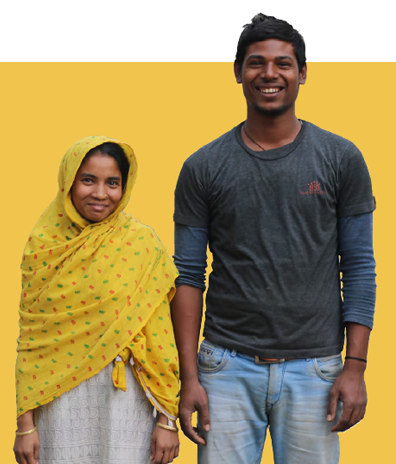

Each day, our team works tirelessly to add colors in the struggling lives of millions in need. With a steady resolve to bring quality life on the doorsteps of those who cannot afford it, we work on ground, sowing the seeds of opportunities in the homes of millions and ensuring that they grow and sustain into plants of peace and happiness and success stories.
You are the reason we continue and will continue to make a visible difference in the lives of many. Because you make us believe that helping hands are and always will be better than praying lips.
C-445, Chittaranjan Park
New Delhi-110019
+91-11-47312200/210